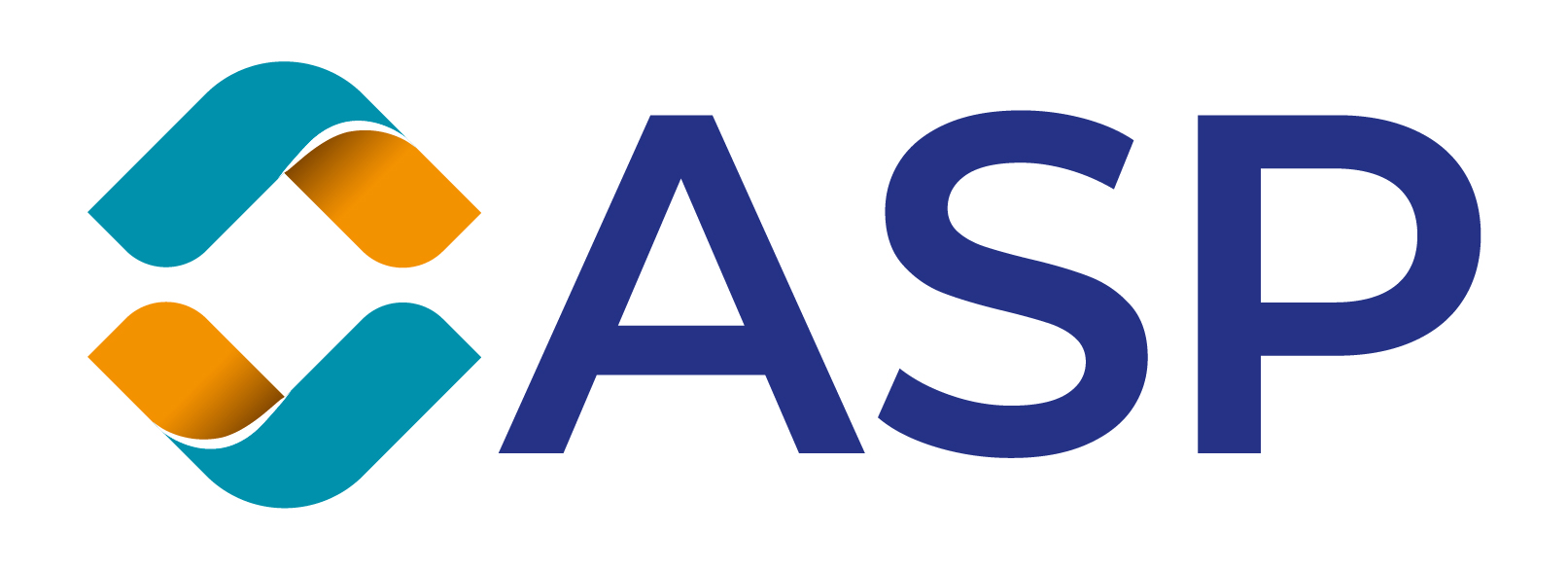
The IFRS for SMEs Standard is a small Standard (approximately 250 pages) that is tailored for small companies. It focuses on the information needs of lenders, creditors and other users of SME financial statements who are interested primarily in information about cash flows, liquidity and solvency. And it takes into account the costs to SMEs and the capabilities of SMEs to prepare financial information.
While based on the principles in full IFRS Standards, the IFRS for SMEs Standard is stand-alone. It is organized by topic.
The IFRS for SMEs Standard reflects five types of simplifications from full IFRS Standards:
- Some topics in full IFRS Standards are omitted because they are not relevant to typical SMEs;
- Some accounting policy options in full IFRS Standards are not allowed because a more simplified method is available to SMEs;
- Many of the recognition and measurement principles that are in full IFRS Standards have been simplified;
- Substantially fewer disclosures are required; and
the text of full IFRS Standards has been redrafted in ‘plain English’ for easier understandability and translation.
The IFRS for SMEs Standard includes an option for entities to apply the recognition and measurement requirements of IAS 39 Financial Instruments: Recognition and Measurement
Click here to access the IASB website which details the IFRS for SMEs Standard
